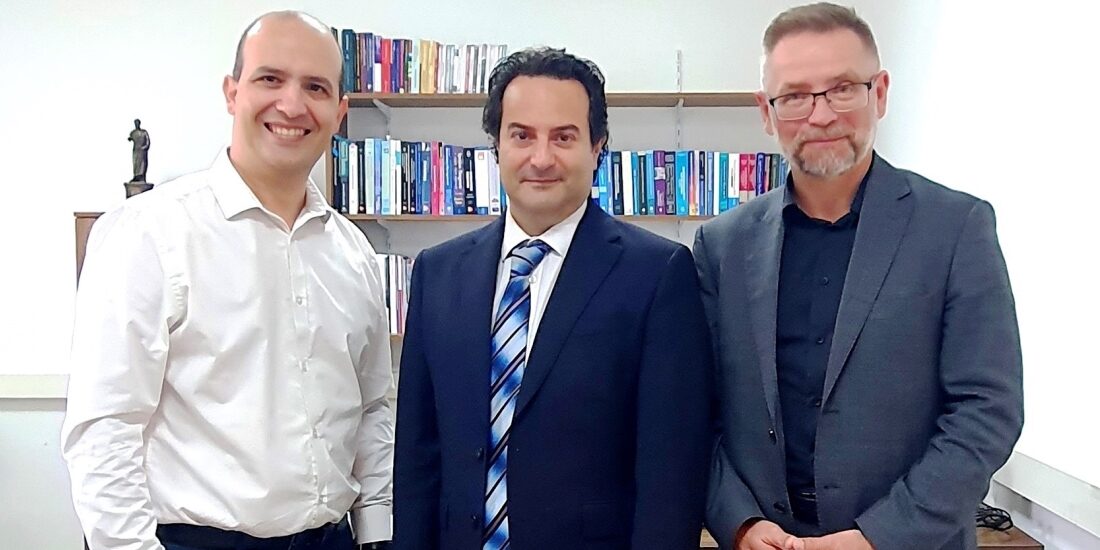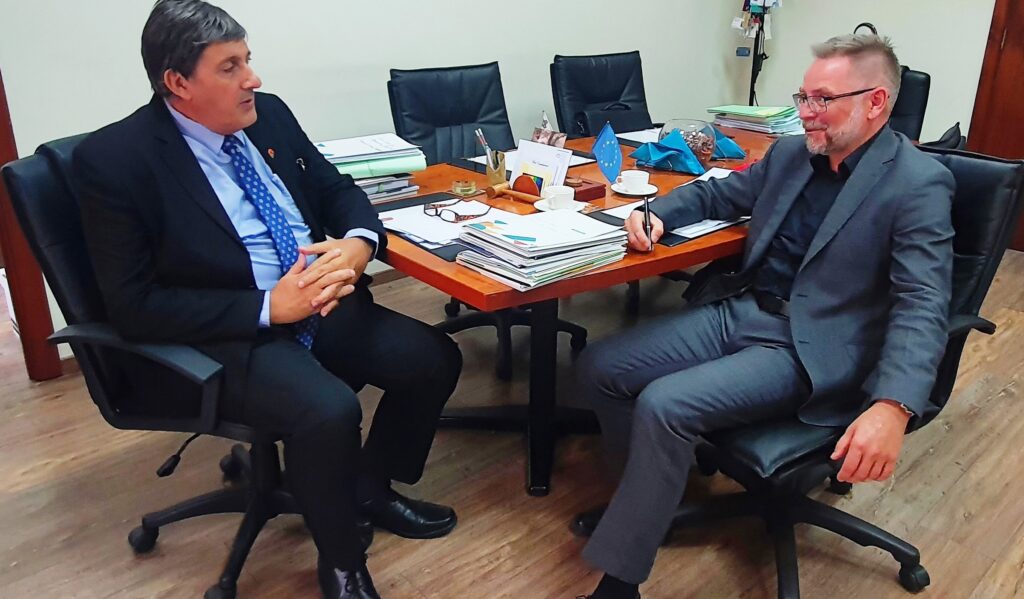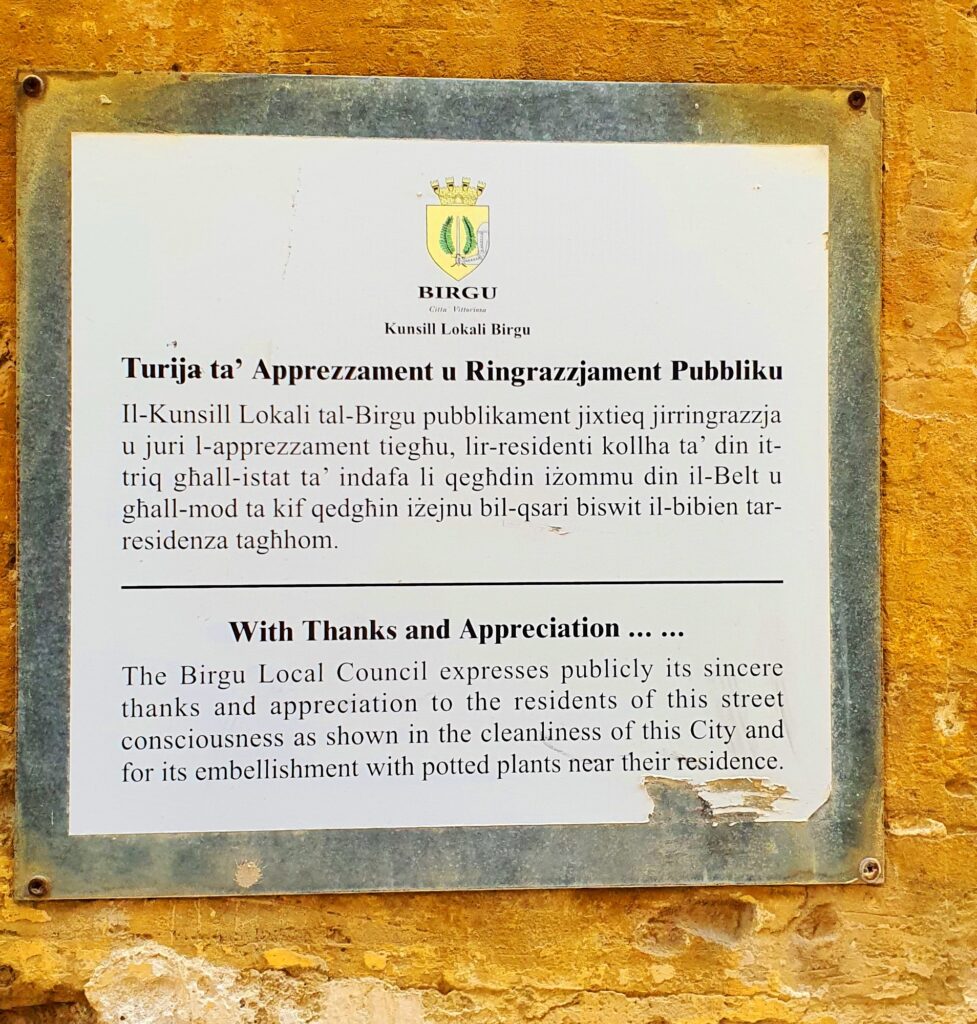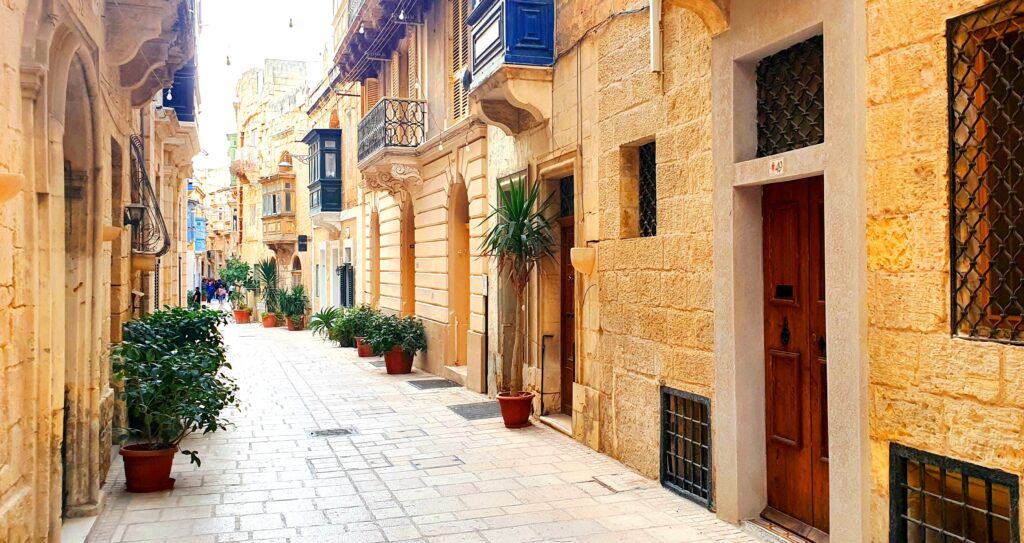Self-government in Malta. Can we use their experiences in the development strategies of our communes?
- 13 November 2023
- Posted by: andrzej.sztando
- Category: Traveling in search of local development and inspirations for local & regional governments

As part of my travels in search of local development and inspirations for local & regional governments, I had the honor and pleasure of talking about Maltese local governments with the Acting President of Malta Prof. Frank Bezzina and with the Director General for Local Government in the Office of the Prime Minister of Malta, Natalino Attard. And all this thanks to Dr. George Vital Zammit – widely known in Malta and beyond – an influential commentator on public affairs, journalist, scientist, and above all, a wonderful man who was my guide in Malta’s self-governance for a week. The whole thing would not be possible without invitation and enormous support of Dr. Mario Thomas Vassallo, Head of the Department of Public Policies at the University of Malta. Thank you very, very much to everyone mentioned!
And what is this Maltese self-government like? It is already 30 years old, but it is still maturing. The mayor heads the local council. The executive body is the Secretary, appointed by the council, but with the consent of the relevant minister. Secretary also serves as treasurer and even performs state supervisory functions. Interestingly, the Secretary also suspends all local council’ activities that are inconsistent with national strategies. Local government have practically no income of their own and cannot take on debt. They receive money mainly from the state, but also from the EU. Compared to the Polish one, the scope of their tasks is narrow and mainly includes social assistance, libraries, supporting sports, recreation and culture, protection of traditions, and partly also waste management and environmental protection. For example, municipalities do not conduct spatial planning, do not deal with water supply and sewage infrastructure, public transport, housing, education and many other matters, and when it comes to roads, they consult on their construction by a government agency. Although these solutions are partially justified by the country’s socio-economic potential, municipalities want much, much deeper decentralization and look approvingly at solutions from other countries, including Poland. The state government generally accepts this direction and is implementing the Local Government National Strategy. Interestingly, in Malta you can become a councilor at the age of 16. Soon you may also become mayor, but this project is highly controversial here.
Can we learn something from Maltese local governments and use it in the development strategies of our communes? Of course. What they lack in legal capabilities, they often make up for in commitment and creativity. An interesting idea is, for example, motivating thanks from local councils to residents for the aesthetics of their houses, placed on street plates (see photo). Maybe someone will try it in another country?



